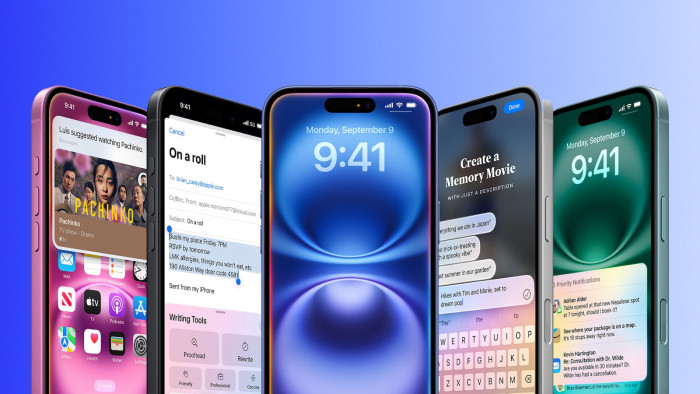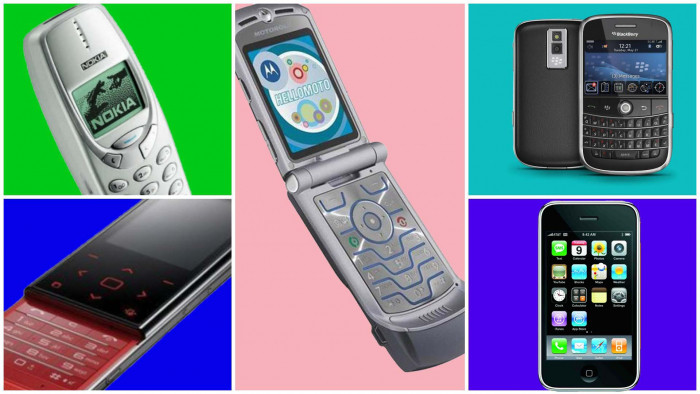Right, I might have lied a tad here - of course there are worse things to say than what I’m about to tell you. Like, things I actually just wrote out and then deleted because there’s no way they’d get past my editor, but you can guess. One of them had the word ‘slug’ in it.
Anyway, there is another ‘bad thing’ - a relatively new phenomenon, it must be said - that it’s best if you stopped doing. Certainly if you intend on eliciting a favourable reaction from your recipient, anyway.
Supposedly, nowadays, if you finish a text with a full stop, it’s a bad thing - it means you’re less sincere and abrupt.
Binghamton University Professor of Psychology Celia Klin says: “In formal writing, such as what you’d find in a novel or an essay, the period is almost always used grammatically to indicate that a sentence is complete.
“With texts, we found that the period can also be used rhetorically to add meaning.
“Specifically, when one texter asked a question (eg., I got a new dog. Wanna come over?), and it was answered with a single word (eg., yeah), readers understood the response somewhat differently depending if it ended with a period (yeah.) or did not end with a period (yeah).
“This was true if the response was positive (yeah, yup), negative (nope, nah) or more ambiguous (maybe, alright).
“We concluded that although periods no doubt can serve a grammatical function in texts just as they can with more formal writing - for example, when a period is at the end of a sentence - periods can also serve as ‘textisms’, changing the meaning of the text.”
So whereas you may think you’re just being correct and getting all that sweet, sweet grammar in order, it turns out the other person might be reacting to your text even worse than if you’d simply used a semi-colon when you should have used a colon. I know, a nightmare.
However, newly published research from the same team have found that there are clear ways (that are exclusive to text) to get the recipient on your side, instead of antagonising them with something as accidental and presumably insignificant as a full-stop.
Klin said, of ‘textisms’: “In contrast with face-to-face conversation, texters can’t rely on extra-linguistic cues such as tone of voice and pauses, or non-linguistic cues such as facial expressions and hand gestures.
“In a spoken conversation, the cues aren’t simply add-ons to our words; they convey critical information.
“A facial expression or a rise in the pitch of our voices can entirely change the meaning of our words.
“It’s been suggested that one way that texters add meaning to their words is by using ‘textisms’ - things like emoticons, irregular spellings (sooooo) and irregular use of punctuation (!!!).”
So what have we learned? You are not allowed to use a full-stop, but you ARE allowed to use three exclamation marks. If, however, you use three exclamation marks followed by a full-stop, then you are using code which means ’You are the biggest arsehole to ever walk this earth’.
Presumably anyway, I don’t know how any of this ‘modern technology’ works. I’m trying to learn though, look:
Thanks for reading!!!










